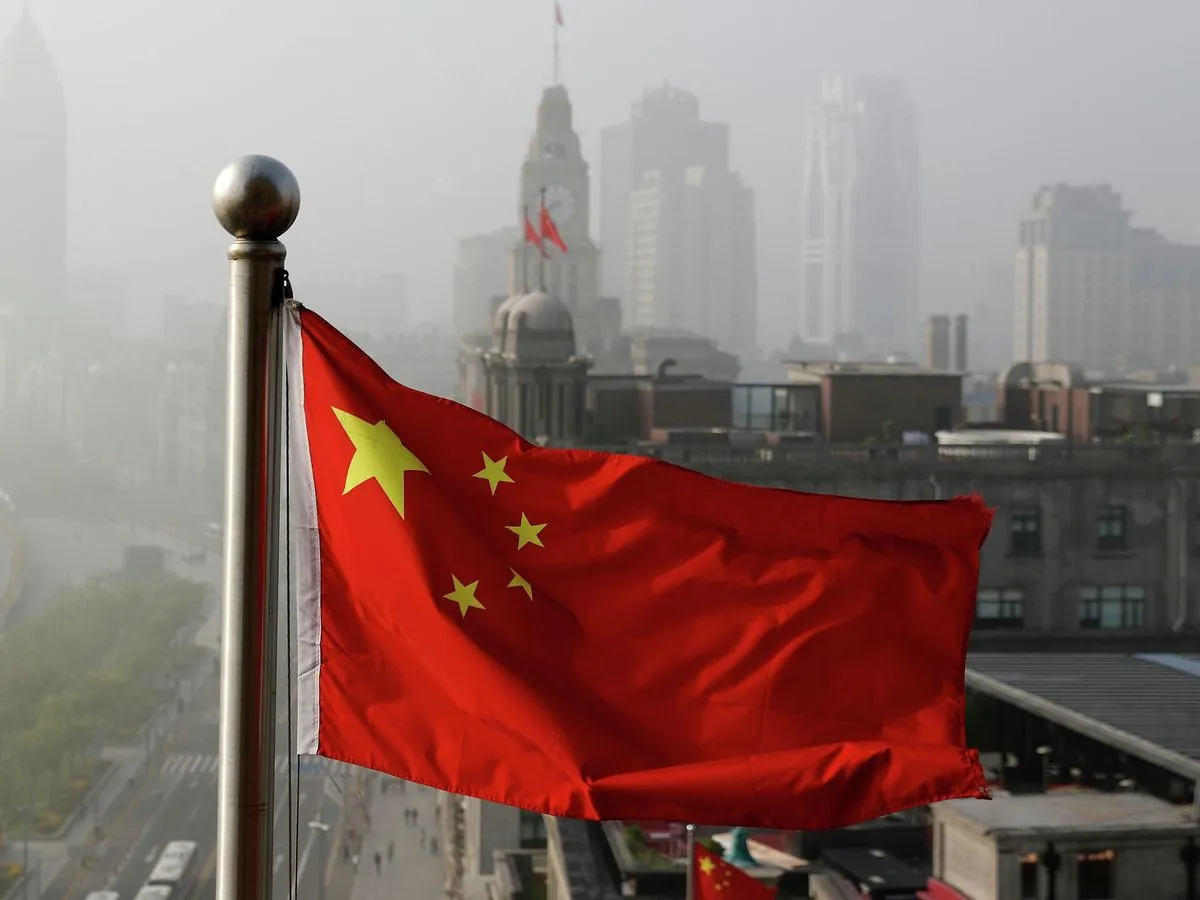Over the past four decades, the United States' approach to Asia has undergone significant changes. As someone who has built and managed businesses throughout the region, including China, I've observed these shifts firsthand. The current policy orthodoxy in Washington, viewing US-China competition as a new cold war, is misguided and counterproductive.
Unlike the Cold War era, the US and China are deeply interconnected within the global economy. China now accounts for nearly 20% of the global economy and produces about 35% of the world's manufacturing output. This economic interdependence presents both challenges and opportunities for American policymakers.
The global geopolitical landscape has also evolved. There are no fixed geographic demarcations between American and Chinese blocs. Instead, countries are exercising agency to maximize their interests rather than choosing sides. This reality requires a nuanced approach from Washington.
The epicenter of US-China competition is Asia, which will serve as a leading engine of the global economy in the coming decades. Both nations have competing visions for the region's future. The US seeks to maintain its leadership and prevent Chinese hegemony, while China aims to return to what it views as its rightful historical role as the central power.
To outperform Beijing and preserve its leadership position, Washington needs to adjust its approach:
Moderate emphasis on values: While human rights and democratic principles are important, they are not as persuasive in Asia as Washington believes. Countries in the region are more focused on national development and security balance.
Embrace economic integration: Deeper economic ties through trade agreements would bind fortunes more tightly and promote America's vision of market-oriented, rules-based fair trade. The United States-Mexico-Canada Agreement is an example that could be extended.
Elevate defense posture: Strengthen alliances and introduce new capabilities to deter forceful attempts to redraw boundaries in Asia. Cooperation agreements like AUKUS, the Quadrilateral Security Dialogue, and the American-Japanese-Korean trilateral pact should be built upon.
Maintain alliance network: America's global alliance network is its asymmetric advantage in long-term competition with China. Actions that devalue these alliances undermine the capacity to compete effectively.
Engage in diplomacy: Direct dialogue with Chinese leaders is essential for exploring terms of coexistence. Engagement is not weakness but a recognition of reality.
"We must cultivate a relationship with China that can over time have a positive influence on its development, especially on its foreign policy."
The United States maintains a commanding lead in overall national power relative to China, a lead that has widened in recent years as the American economy has accelerated while China's has slowed. American policymakers should act with the confidence that these advantages afford, rather than resorting to confrontational rhetoric that generates self-harm and alienates allies.
By focusing on economic integration, strengthening alliances, and exercising strategic patience, the United States can create a more favorable balance of power in Asia and maintain its global leadership position. This approach recognizes the complex realities of US-China relations and offers a path forward that serves American interests while avoiding unnecessary conflict.
